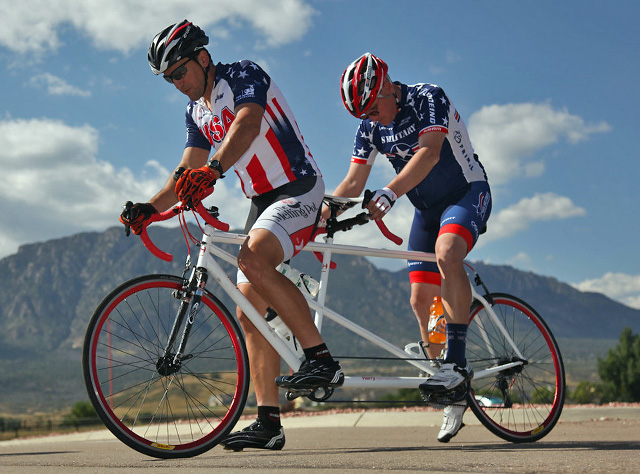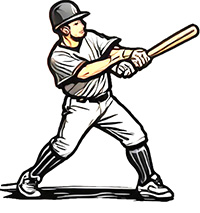Here is one of the archived newsletters from Topend Sports. Sign up to receive the latest sports and science news direct to your email inbox. See more archived newsletters.
Topend Sports Newsletter: 23 August 2021
What a surprisingly outstanding Olympics we have just seen, the event succeeding despite the obvious setbacks. The new sports were a highlight, and the numerous displays of the Olympic spirit were absolutely inspiring. It was the most I had enjoyed watching an Olympics for quite a while. It helped that athletes from my home country Australia performed so well.
Now it is the turn of the Paralympic athletes to shine, which starts today! As a sport scientist, the Paralympic Games provides a lot of interest. There are challenges for scientists working with Paralympic sports athletes.
Sometimes you are able to transfer your knowledge in physiology, biomechanics, nutrition and psychology of able-bodied sports and athletes, while other times you need to modify, adapt and be inventive.
Just some of the challenges include dealing with athletes using wheels to propel them, performing in a sitting rather than standing position, dealing with altered mechanics due to missing limbs or limited movement, without vision to assist balance, as well as considerations for altered temperature regulation for amputee and para/quadriplegic athletes. It is the same with fitness testing for disabled athletes, sometimes traditional tests are used but more often some modifications are required.
 something different
something differentThe Paralympics is where technology comes to the fore. As we have seen in bicycle design and aerodynamics over recent years, there is a lot of scope for development with wheelchair design. The same goes for artificial leg prosthetics, as newer models and versions continue to be developed. However, with new technology comes challenges too. Who could forget the controversy with double-amputee Oscar Pistorius who was able to compete in both the Olympics and Paralympics in 2012, partly thanks to his cutting-edge prosthetics?
Of course, it wouldn't be an Olympics without some controversy. Some people believe that certain prosthetic designs give an unfair advantage, akin to the full-body swimming suits controversy at the 2008 Beijing Olympics. The discussion of the fairness of disabled athletes competing against able-bodied athletes is somewhat like the debate about the participation of transgender athletes at the Tokyo Olympics — it is a balancing act of equality and inclusion with fairness for all. I can see that this is a debate that will go on for a long time to come.
All this won't distract me from enjoying the sporting contest, being inspired by the athletes, disabled or not, showing off the skill they have honed over years of sacrifice to reach the pinnacle of their sport, in most cases for little reward but the glory of representing their country.
Some of the Para-Sports Content on Topend Sports
-
Sports for the disabled — large list of sports, not just Paralympic sports.
Check out these pages and other great new content on Topend Sports. If you haven't already, also follow us on Facebook for the updates and the latest news in sports and fitness.
Related Pages
- More about the future of fitness testing
- Sign up for the latest newsletters
- See more archived newsletters
Search This Site
Newsletter Extra
Check out our archived newsletters. If you like what you see, sign up to our mailing list. Subscribers get access to a range of free downloads.
Latest Pages
- Indoor vs Beach Volleyball differences
- Ballon d'Or 2024 for men and women
- Fittest - Basketballers or Tennis players?
- Olympic Athletes Height - Tallest & Shortest


 Current Events
Current Events